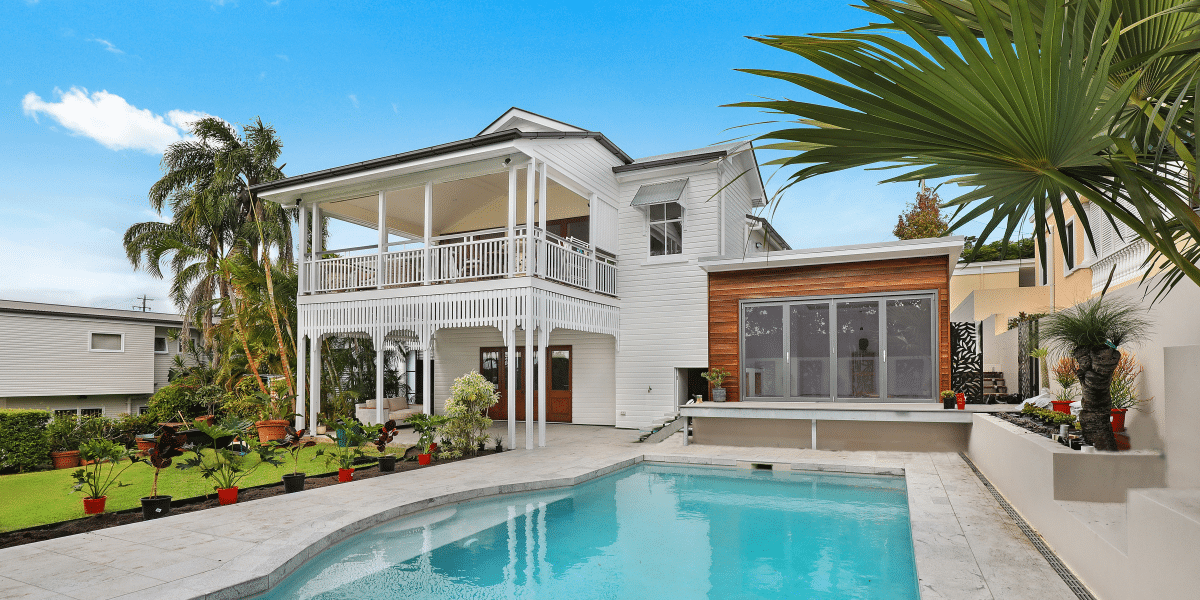By: Virginia Chatham
Climate change is reshaping the real estate industry. From rising sea levels and extreme weather to shifting environmental regulations, the challenges posed by climate risks are forcing developers to rethink their strategies. Homes and buildings that were once considered safe investments now face increased vulnerability, prompting real estate developers to adopt more sustainable, resilient practices. This adaptation helps protect properties and ensures long-term value for investors and homeowners.
This article explores how developers are navigating these challenges with insights from industry experts.
Climate Risks and Their Impact on Real Estate
The effects of climate change are becoming impossible to ignore. Floods, wildfires, hurricanes, and extreme temperatures are increasingly common, placing properties at greater risk of damage. This has led to higher insurance premiums, stricter building codes, and a growing emphasis on location when making development decisions.
Developers are now integrating climate risk assessments into their planning processes, considering factors like flood zones, heatwaves, and soil stability before breaking ground. Darcy Turner, Founder of Investor Home Buyers, explains how climate awareness shapes her approach:
“I’ve seen firsthand how ignoring climate risks can derail a project. In Texas, flooding is a serious concern, so we always evaluate floodplains before purchasing properties. We also use creative financing to help homeowners in vulnerable areas move to safer locations. Addressing climate risks early not only protects investments but also creates trust with clients.”
By prioritizing safety and resilience, developers can reduce the impact of climate-related challenges on their projects.
Building Resilient and Sustainable Homes
One of the most effective ways developers are adapting to climate risks is by building resilient and sustainable homes. This includes using durable materials, elevating structures in flood-prone areas, and incorporating renewable energy sources like solar panels. These features not only reduce environmental impact but also attract eco-conscious buyers.
In Connecticut, where severe storms are a growing concern, Judy Michaelis, Real Estate Broker of Judy Michaelis emphasizes the importance of forward-thinking design:
“In my 30 years in real estate, I’ve noticed how much buyers value resilience. Homes built to withstand storms or equipped with energy-efficient systems tend to sell faster. We always encourage developers to think about long-term sustainability—it’s a win for the environment and the market. Buyers want homes that will stand the test of time physically and financially.”
Incorporating sustainable design elements is no longer a luxury—it’s a necessity in today’s market.
Leveraging Technology to Manage Risks
Technology is vital in helping developers address climate challenges. From advanced weather prediction tools to 3D mapping software, technology enables developers to identify risks and create tailored solutions. For example, apps that track flood risks or monitor air quality can guide decisions on where to build and how to design properties.
Harpreet Saini, CEO of We Buy Houses in Metro Detroit, shares how she uses technology to inform her real estate strategies:
“We rely heavily on data-driven tools to assess risks in the Detroit area, especially when it comes to flooding and winter weather. Technology helps us identify the safest, most profitable locations for development. It also allows us to educate homeowners about potential risks and how to mitigate them. By staying tech-savvy, we’re able to adapt quickly to changing conditions and offer smarter solutions.”
Embracing technology is critical for developers who want to stay ahead in an unpredictable climate.
Rethinking Location and Land Use
The old adage “location, location, location” has taken on new meaning in the age of climate change. Developers are increasingly avoiding high-risk areas like floodplains, coastal zones, and wildfire-prone regions. Instead, they’re focusing on building in locations with strong infrastructure, lower environmental risks, and access to renewable energy.
Alex Goldman, Founder of Cash Home Guy, emphasizes the need for strategic land use:
“When we evaluate properties, climate risk is a priority. In areas like Las Vegas, extreme heat and water scarcity are big concerns, so we focus on solutions like drought-tolerant landscaping and efficient water systems. We’ve seen how prioritizing sustainable land use pays off—buyers recognise the value of living in a home that’s built with the future in mind. It’s about creating communities that thrive, even in challenging conditions.”
Smart location choices can make properties more resilient and appealing to environmentally conscious buyers.
Collaboration for a Sustainable Future
Addressing climate risks in real estate isn’t just about individual projects—it’s a collective effort. Developers, urban planners, policymakers, and environmental experts must collaborate to create sustainable solutions. From updating building codes to incentivizing green construction, collaboration is key to adapting to a changing climate.
For developers, this means building better homes and advocating for policies that promote resilience and sustainability. As the industry evolves, those who embrace these values will be better positioned to succeed.
Building for the Future
Climate risks are redefining the real estate landscape, but they also present opportunities for growth and innovation. Developers can create properties that stand the test of time by prioritizing resilience, sustainability, and technology. For buyers, these efforts translate to safer, more efficient homes that offer peace of mind and long-term value.
Insights from experts like Darcy Turner, Judy Michaelis, Harpreet Saini, and Alex Goldman highlight how real estate professionals are rising to the challenge. Their strategies demonstrate that adapting to climate risks isn’t just good for business—it’s essential for building a sustainable future. As the industry continues to evolve, the focus on resilience and sustainability will remain at the forefront, shaping a new era of real estate development.
Published by: Khy Talara






